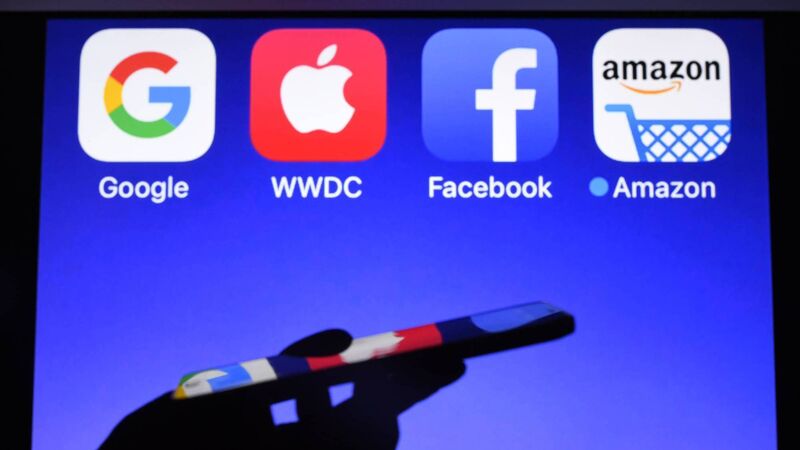Big Tech’s €130bn cash haul points to payouts for shareholders

Apple, Microsoft, and now Facebook owner Meta have dividend plans.
Big Tech is bringing in more cash than ever before, priming the group to return money to shareholders and potentially adding fuel to a rally that has already sent most of the group into record territory.
The five biggest technology companies that have reported earnings so far — Apple, Microsoft, Google-owner Alphabet, Amazon, and Meta Platforms, which owns Facebook, — generated a record $139.5bn (€130bn) of combined cash from operations in the three months to the end of December, according to data compiled by Bloomberg.












